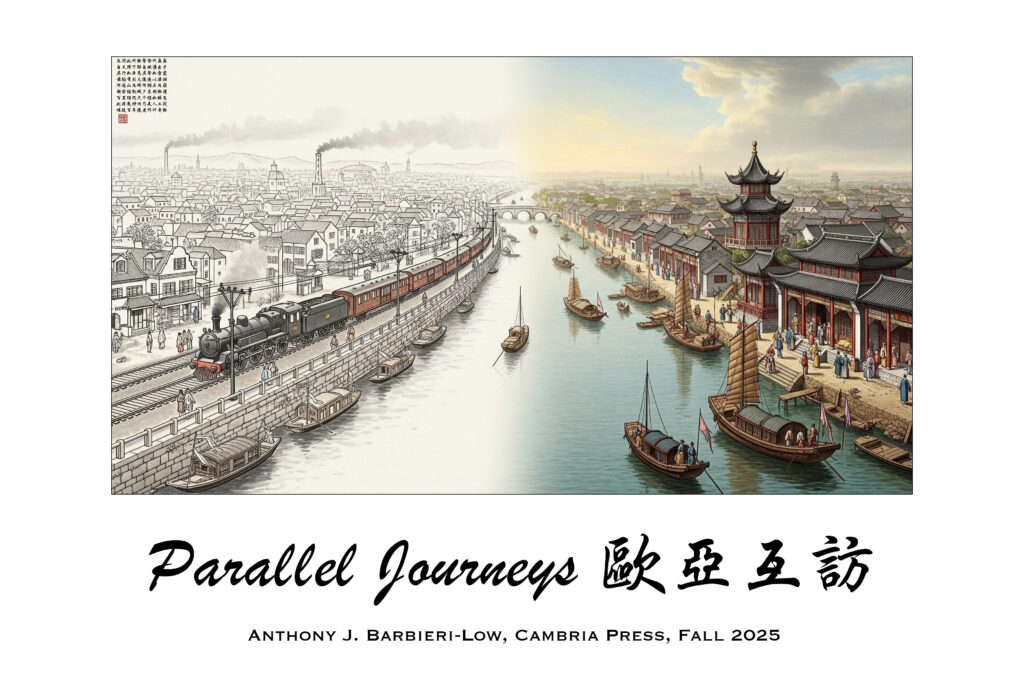
- This event has passed.
Shape Shifters: Journeys Across Terrains of Race and Identity
March 18, 2016 - March 20, 2016

Conference, Shape Shifters: Journeys Across Terrains of Race and Identity, to be held in UCSB’s McCune Conference Center, March 18-20. Forty scholars from three continents will be on hand.
Speakers
Please join us for two public lectures in the McCune Conference Room (HSSB 6020):
- Friday, March 18, 9:30-10:30, Paul Spickard of UCSB’s History Department will present “Not Passing—Shape Shifting: Reflections on Racial Plasticity”
- Saturday, March 19, 1:15-2:00, Angelica Pesarini of Lancaster University’s Sociology Department will present “‘You were too white! I was ashamed!’ Interstitial Negotiations of Blackness in Fascist East Africa”
About
We are accustomed to thinking of identities—racial, ethnic, national, gendered, religious—as if they were permanent, essential, unalterable features of individuals and groups. A is Black, B is Jewish, C is Chinese, and so are all of the members of their respective families and kin groups, and so must they remain. Over the last couple of decades, theorists have begun to posit hybrid identities, betwixt and between received categories. But still they have pictured these hybrids as more or less static entities in a middle zone. In a new development, quite recently, some scholars have begun to see such identities as at least sometimes fluid, ambiguous, contingent, multiple, and malleable. Those are the scholars who will inhabit this conference.
The people about whom these scholars write, whose lives are the subject of this conference and this book, are shape shifters. At different times in their lives, or over generations in their families, as they have moved from one social context to another, or as new social contexts have been imposed on them, their identities have changed from one group to another. This is not racial, ethnic, or religious imposture. It is simply the way that people’s lives have unfolded in fluid social circumstances.
Among the kinds of forces that have created such fluid social circumstances are migration, borderlands, trade, warfare, occupation, colonial imposition, the creation and dissolution of states and empires, shifting national and imperial boundaries, and forcible removal of peoples from their homelands. Each of the stories told in this conference and in this book is intrinsically fascinating. Each also illuminates the ways that individuals have lived their lives and negotiated their social positions amidst one or more of these major forces of social change. We want to understand what happens in the lives of such shape shifters, and what are the varieties of work that this shape shifting is doing.

